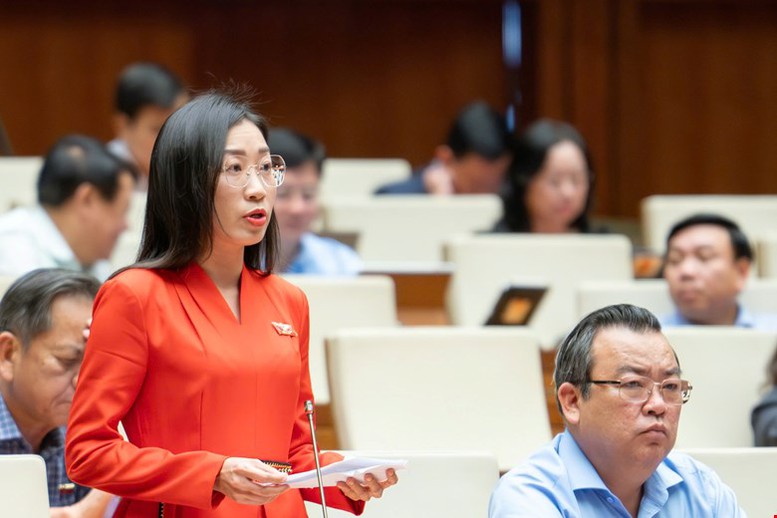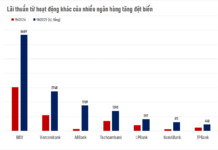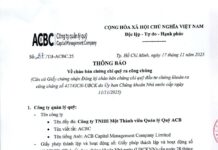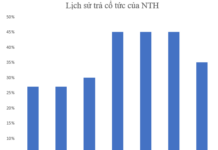
On November 13th, during the 10th session of the National Assembly, a plenary discussion was held on the amended E-Commerce Law. Many delegates praised the development of the bill, given the rapid growth of e-commerce and its profound impact on socio-economic life. They also offered suggestions to refine the legal framework, ensuring the healthy development of this sector.
Delegate Hoàng Thị Thanh Thúy (Tây Ninh Delegation) highlighted a pressing issue: the misleading advertising and sale of substandard products by livestreamers, particularly celebrities, who often evade responsibility when consumer complaints arise. While Articles 20 to 22 of the draft law adequately address the responsibilities of sellers, livestreamers, and platforms, she noted gaps that need clarification for practical implementation.
First, the obligation to refrain from providing false information remains principled, lacking pre-broadcast control mechanisms for products posing health risks.
Second, the one-year minimum data retention period for livestreams is insufficient for resolving prolonged disputes. The draft also fails to clarify consumer access rights to recordings and platform data provision responsibilities.
Third, there are no specific provisions for livestreamers exceeding approved advertising content or clarifying joint liability between livestreamers and sellers.
Fourth, e-commerce platforms are only required to remove violating content, without mechanisms to control algorithms that promote livestreams, potentially creating “fake crowd effects.”
To address these issues, Delegate Hoàng Thị Thanh Thúy proposed five solutions to enhance the draft:
Implement pre-broadcast control for health-risk products; clarify joint liability for livestreamers and introduce penalties like temporary livestream bans.
Extend the minimum data retention period to two years, ensuring consumer access during disputes. The draft should mandate platforms to disclose livestream display criteria, monitor comments, warn of unusual interactions, and categorize high-impact or high-revenue livestreamers for appropriate management.
Regarding foreign e-commerce platforms, the draft establishes a legal framework requiring foreign platforms to register in Vietnam, have local legal representatives, and deposit compensation funds for violations. To prevent arbitrary application, the delegate suggested adding a “presence threshold” principle, based on revenue, transaction volume, or active users, to trigger obligations for cross-border platforms.
She also emphasized the need for transparent, risk-based deposit mechanisms to avoid technical barriers for foreign platforms, considering Vietnam’s participation in new-generation free trade agreements and digital service market openness.
“Government Agency Provides Insights on ‘Open-Access, Interconnected’ Approach to Electric Vehicle Charging Infrastructure”
The Bureau of Industry has unified its approach to charging infrastructure, embracing a policy of “openness, interoperability, and fair competition.” This strategy aims to delineate market segments, safeguard consumer rights, and establish a robust foundation for the growth of the domestic charging equipment support industry.












































